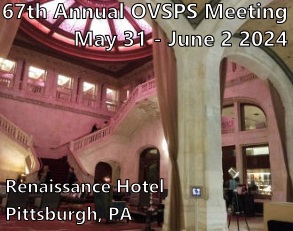<< Back to the abstract archive
Mastectomy Flap Skin Necrosis & Subsequent Surgical Site Infection in Immediate Implant-Based Breast Reconstruction
Ashley Leberfinger MD
Adam Ghazoul BS
Shayda Mirhaidari MD
Summa Health
2023-02-10
Presenter: Ashley Leberfinger
Affidavit:
This work has not been published and >90% of the work was done by Ashley.
Director Name: Ananth Murthy
Author Category: Fellow Plastic Surgery
Presentation Category: Clinical
Abstract Category: Breast (Aesthetic and Recon.)
Background: Surgical site infection is a feared complication in implant-based breast reconstruction as it can lead to implant loss. Mastectomy skin flap necrosis (MSFN) increases the risk of SSI. MSFN occurs in 5-30% of patients with 8-18% requiring implant removal.
Methods: A single-institution retrospective review was performed of 101 consecutive patients undergoing immediate implant-based breast reconstruction from January 2020 to December 2021 by 4 plastic surgeons. Risk factors were evaluated via chi-square or two-sided t-test.
Results: 162 breasts (101 patients) were included. 133 breasts had direct to implant reconstruction and 29 had tissue expanders. 44 (27.2%) breasts had necrosis (26 partial thickness & 18 full thickness). A diagnosis of invasive cancer (37.9%) was associated with increased risk of SSI with MSFN compared to DCIS (25%) or prophylactic mastectomy (17.6%; p=0.03). Age (p=0.328), obesity (0.828), diabetes (p=0.446), steroids (p=1.00), pre-operative radiation (p=1.00), implant fill (p=0.099), mastectomy type (p=0.197), and mastectomy weight (p=0.135) did not correlate with increased risk. SSI occurred in 9% (4/44) breasts with MSFN and 5.9% (7/118) without necrosis. All patients with full thickness MSFN and 7 with partial thickness required return to OR for excision. Of those, 2 (4.5%) patients lost their implant.
Conclusion: Invasive cancer is a risk factor for MSFN. Our MSFN rate was comparable to rates reported in the literature; however, our rate of implant loss with MSFN was improved (4.5%). Patients with full thickness necrosis were treated with early, aggressive excision which led to a decreased rate of SSI and subsequent implant loss.



